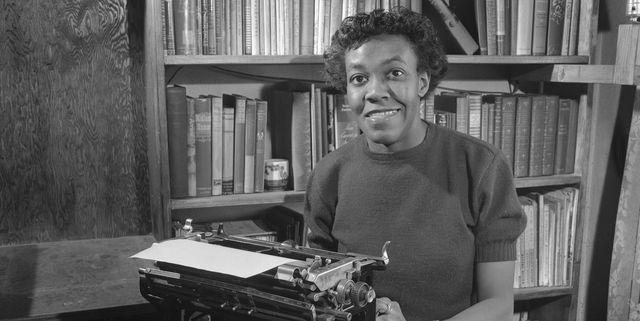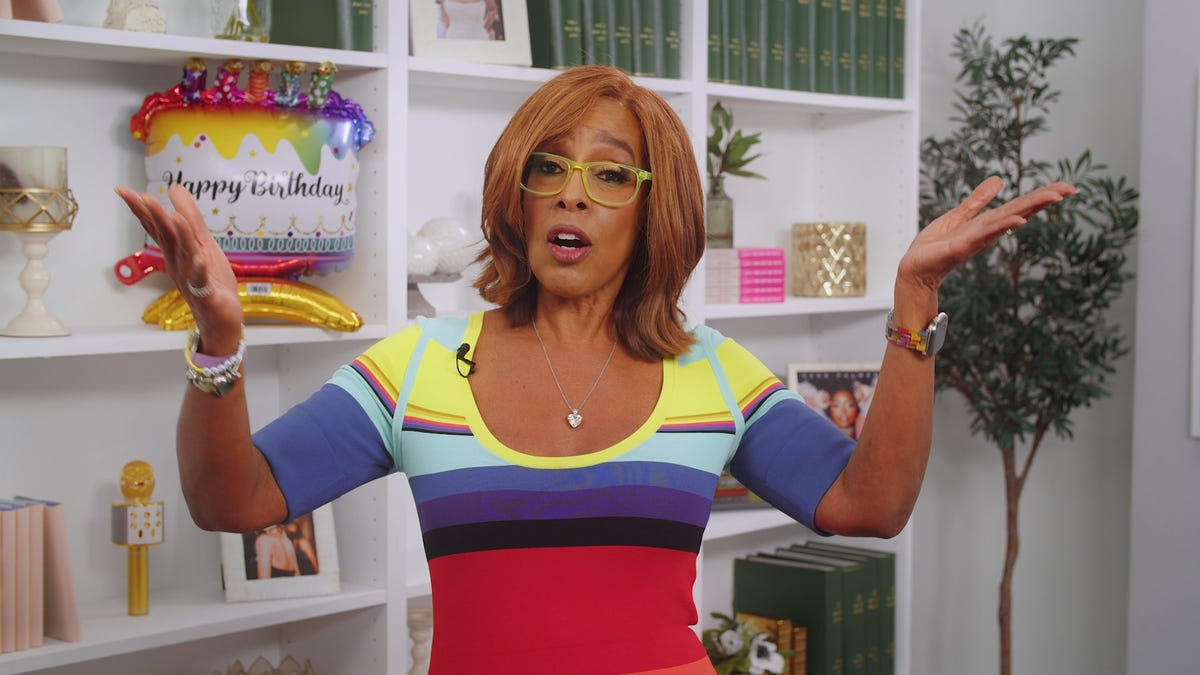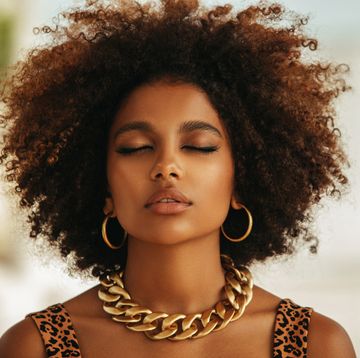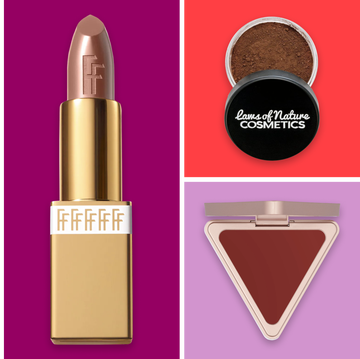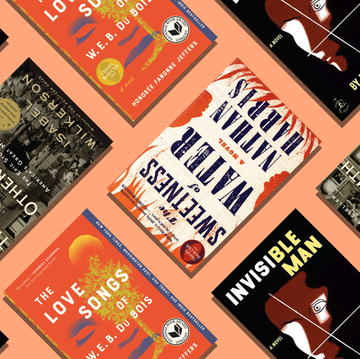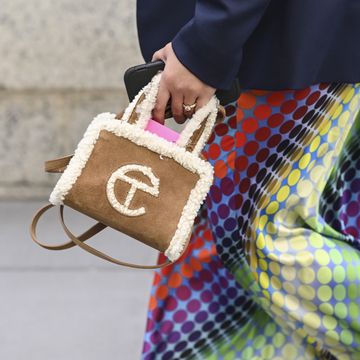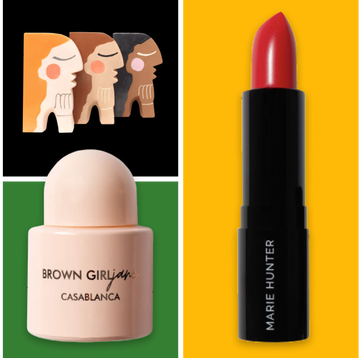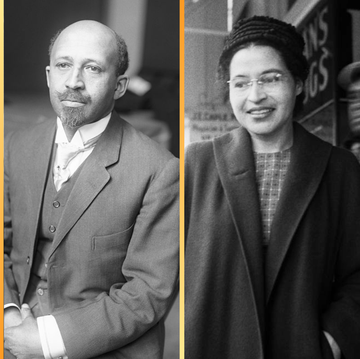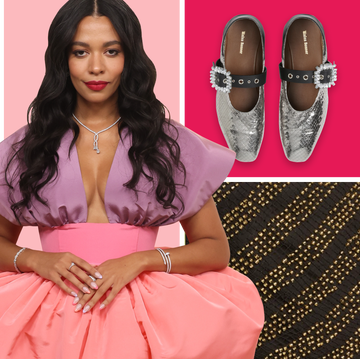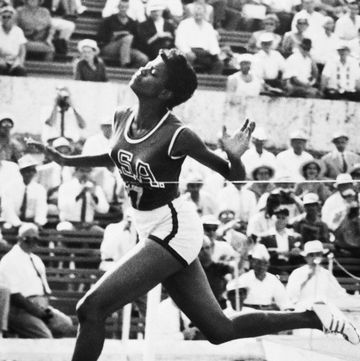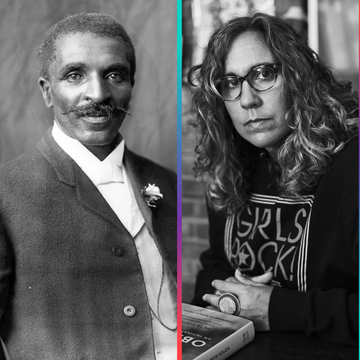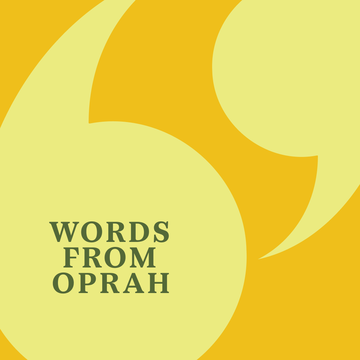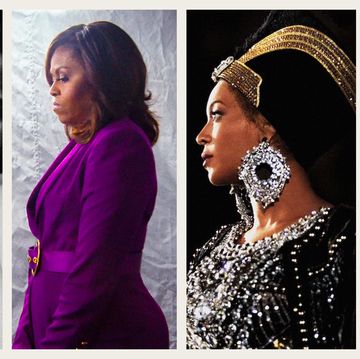1Shirley Chisholm (1924-2005)
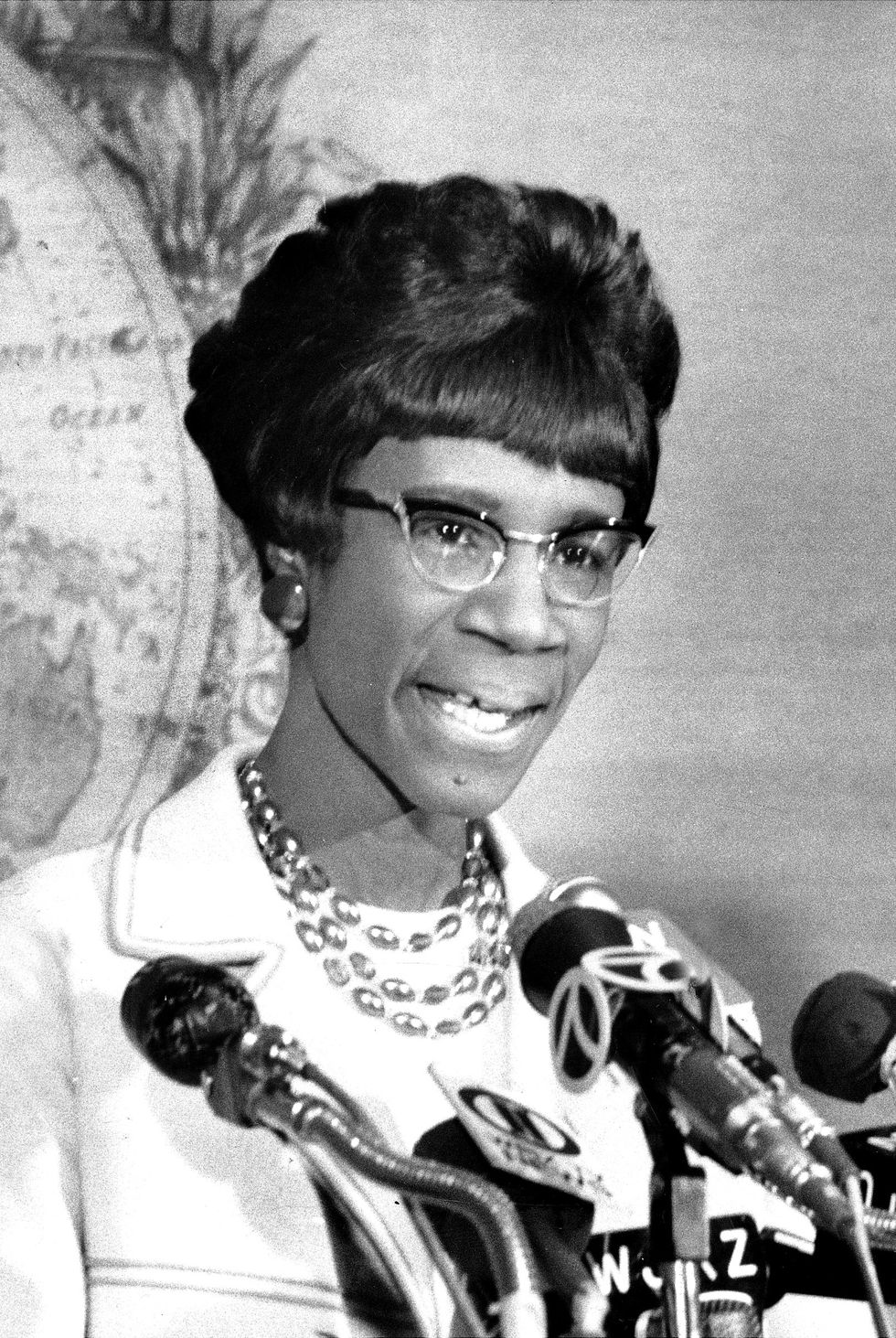 Getty Images
Getty ImagesCongress is more diverse now than it's ever been. However, when Chisholm was attempting to shatter the glass ceiling, the same couldn't be said. During the racially contentious period in the late '60s, she became the first Black woman elected to Congress. She represented New York's 12th District from 1969 to 1983, and in 1972, she became the first woman to run for the Democratic Party’s presidential nomination. Her campaign slogan "Unbought and unbossed" rings even louder today. Senator Kamala Harris paid tribute to Chisholm in her 2020 presidential campaign announcement by using a similar logo to Chisholm's.
2Bayard Rustin (1912-1987)
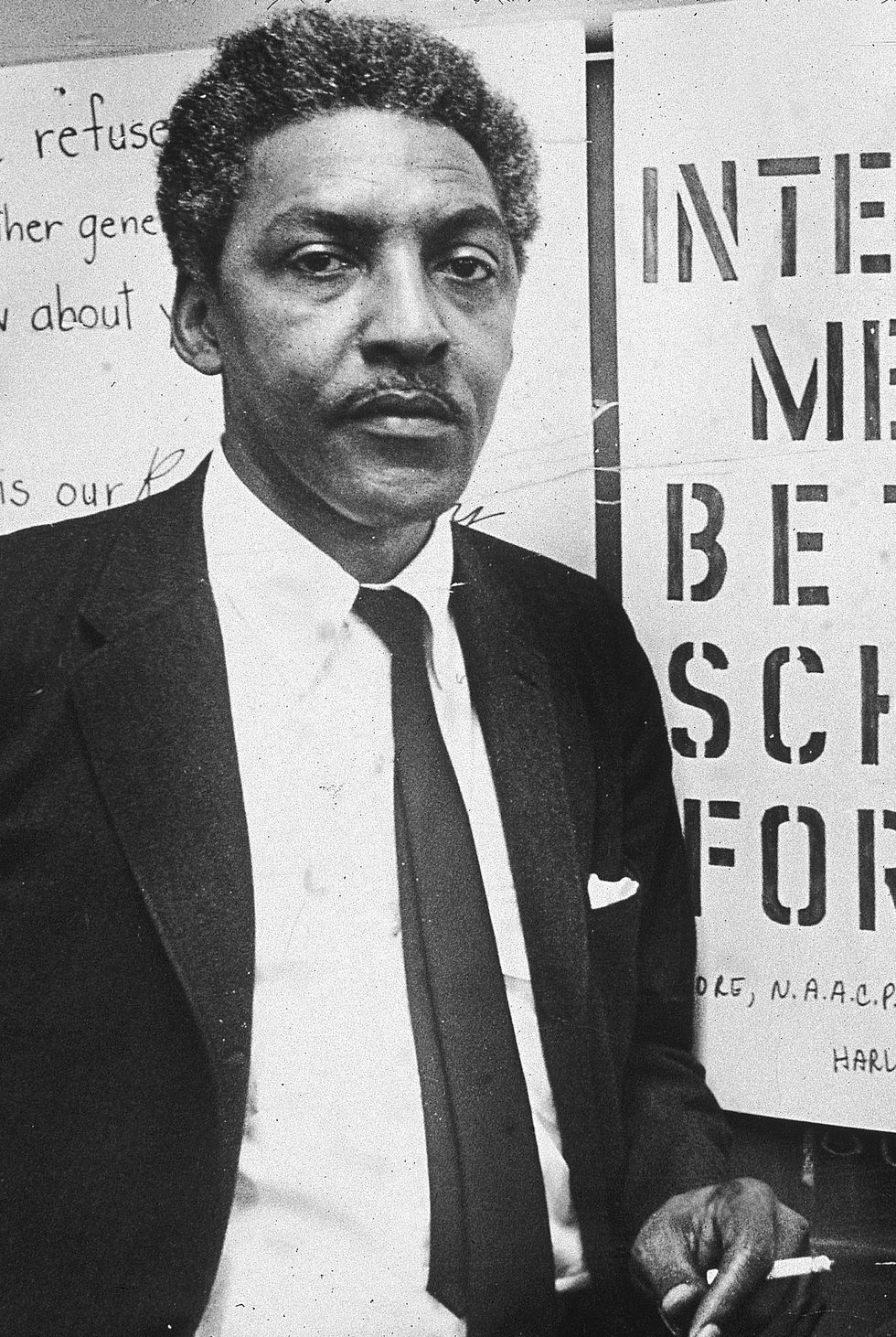 Patrick A. Burns//Getty Images
Patrick A. Burns//Getty ImagesDr. King is usually credited for the March on Washington in August 1963. But it was Rustin who organized and strategized in the shadows. As a gay man who had controversial ties to Communism, he was considered too much of a liability to be on the front lines of the movement. Nonetheless, he was considered to be one of the most brilliant minds, and served his community tirelessly while pushing for more jobs and better wages.
3Claudette Colvin (1939- )
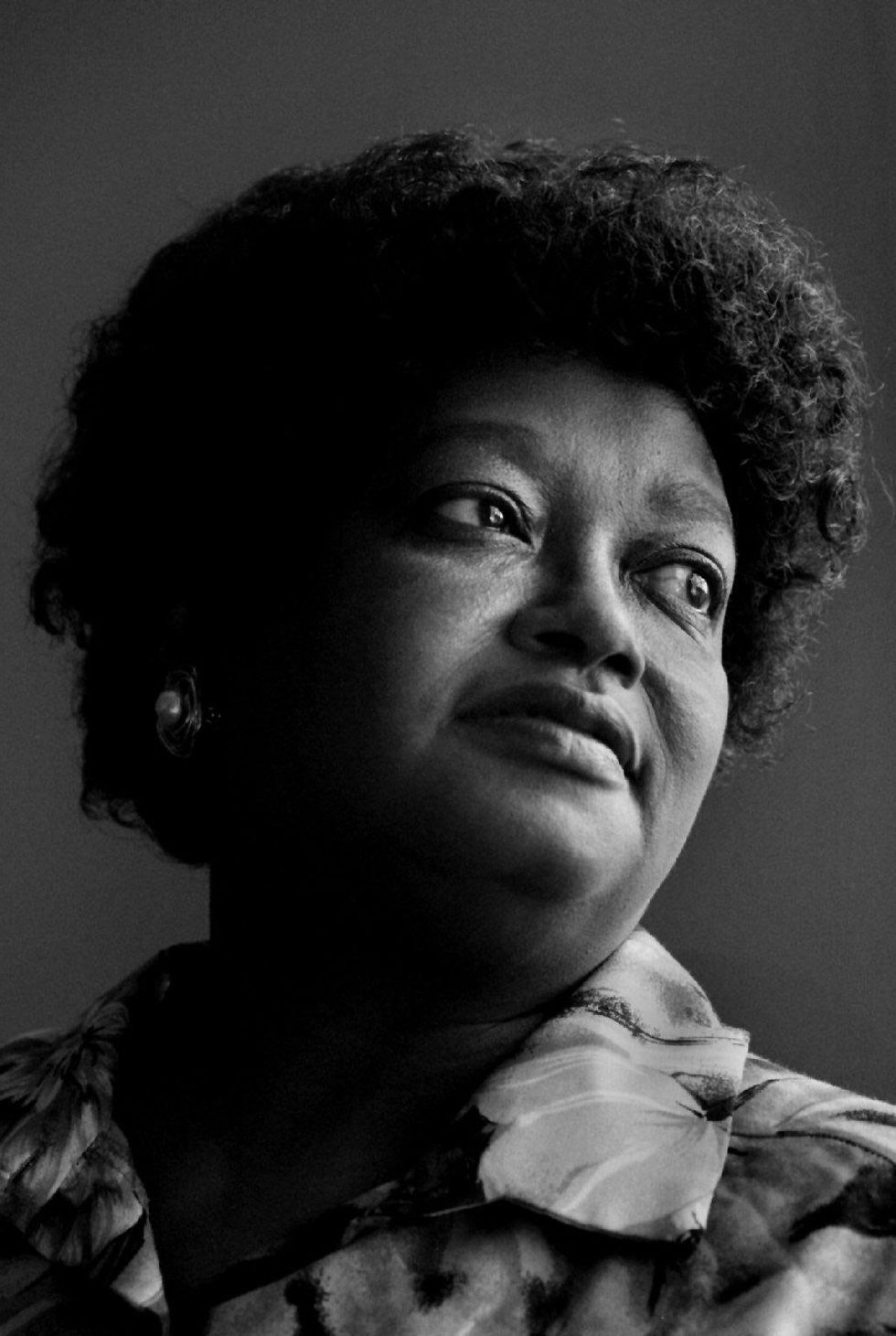 Getty Images
Getty ImagesBefore Parks refused to give up her seat on a bus in Montgomery, Alabama, in 1955, there was a brave 15-year-old who chose not to sit at the back of the bus. That young girl was Colvin. Touting her constitutional rights to remain seated near the middle of the vehicle, Colvin challenged the driver and was subsequently arrested. She was the first woman to be detained for her resistance. However, her story isn't nearly as well-known as Parks's.
Advertisement - Continue Reading Below
4Annie Lee Cooper (1910-2010)
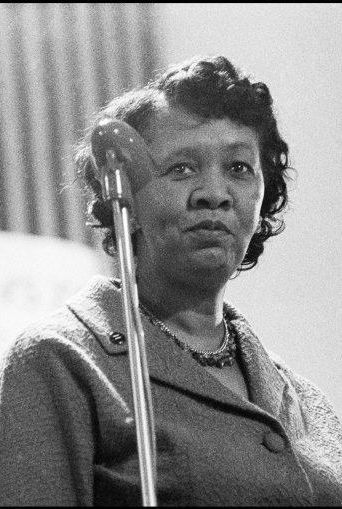 Getty Images
Getty ImagesThe Selma, Alabama, native played a crucial part in the 1965 Selma Voting Rights Movement. But it wasn't until Oprah played her in the 2014 Oscar-nominated film Selma that people really took notice of Cooper's activism. She is lauded for punching Alabama Sheriff Jim Clark in the face, but she really deserves to be celebrated for fighting to restore and protect voting rights.
5Dorothy Height (1912-2010)
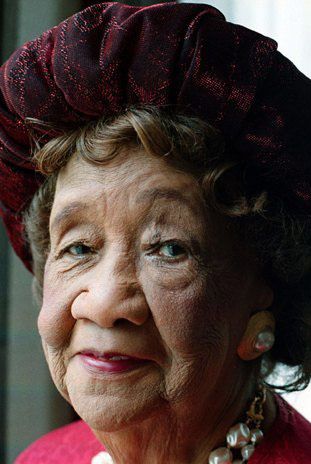 Getty Images
Getty ImagesHailed the “godmother of the women’s movement,” Height used her background in education and social work to advance women’s rights. She was a leader in the Young Women's Christian Association (YWCA) and the president of the National Council of Negro Women (NCNW) for more than 40 years. She was also among the few women present at the 1963 March on Washington, where Dr. King delivered his famous “I Have a Dream” speech.
6Jesse Owens (1913-1980)
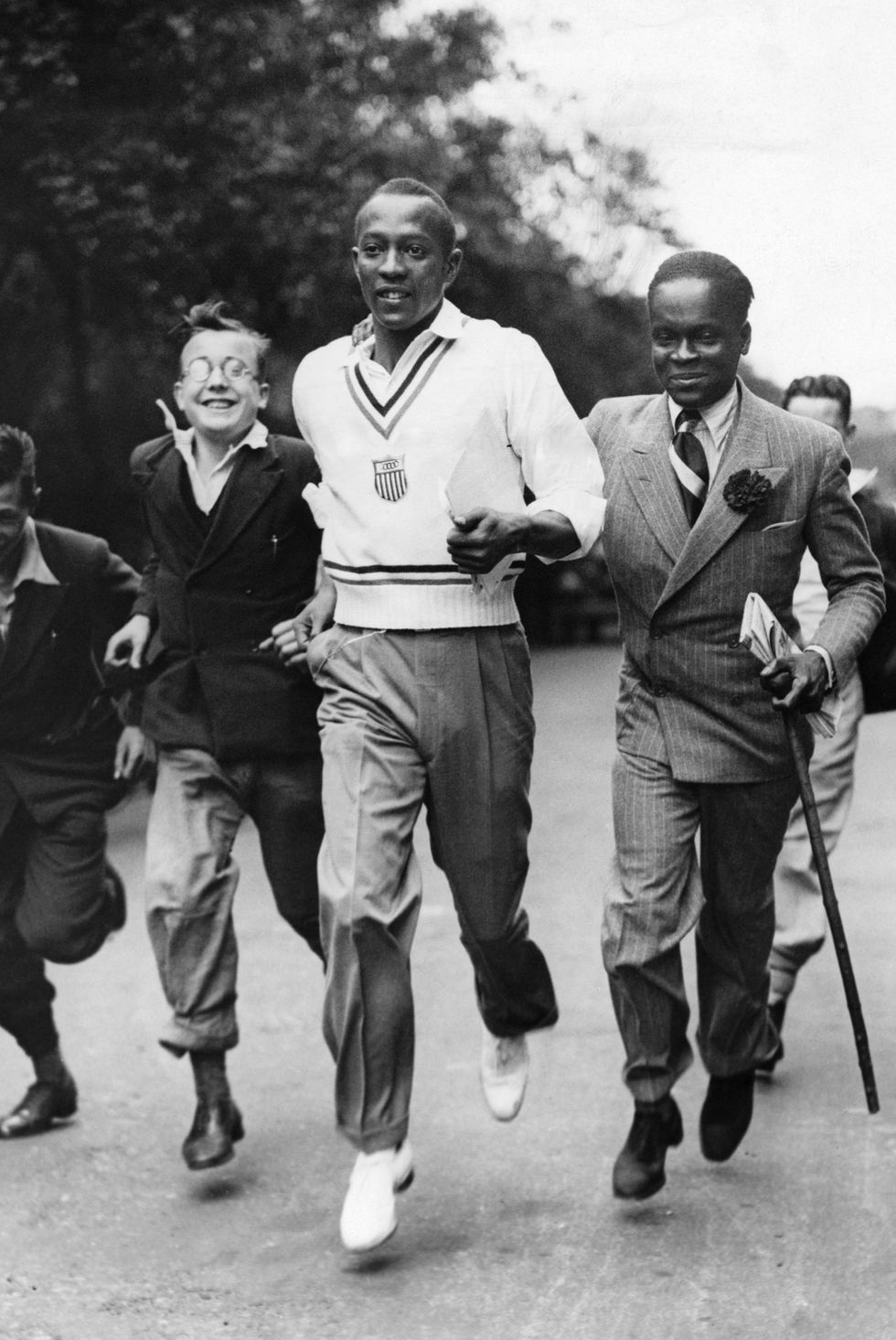 Getty Images
Getty ImagesOwens was a track-and-field athlete who set a world record in the long jump at the 1936 Olympic Games in Berlin—and went unrivaled for 25 years. He won four gold medals at the Olympics that year in the 100- and 200-meter dashes, along with the 100-meter relay and other events off the track. In 1976, Owens received the Presidential Medal of Freedom and was posthumously awarded the Congressional Gold Medal in 1990.
Advertisement - Continue Reading Below
7Bessie Coleman (1892-1926)
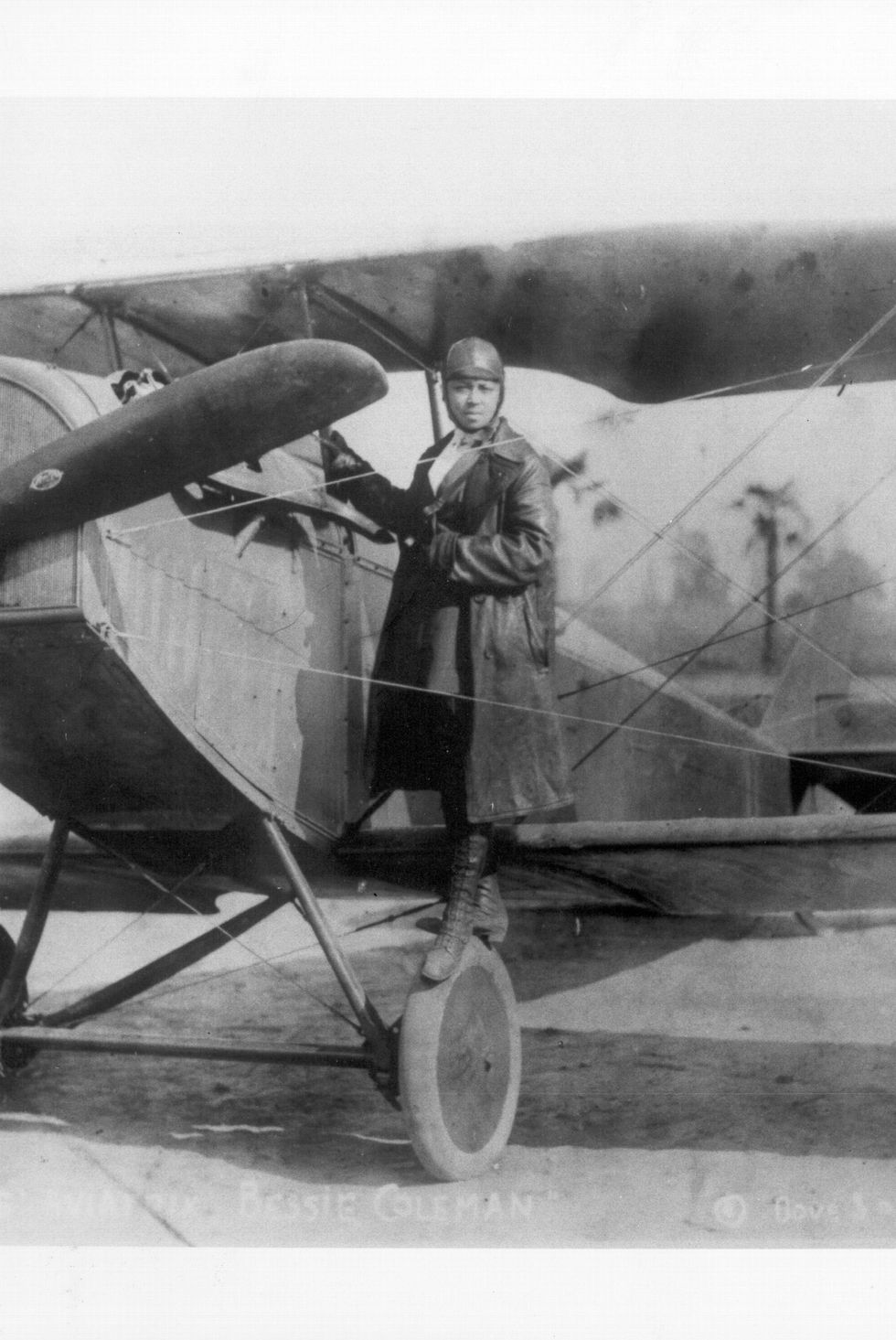 Getty Images
Getty ImagesDespite being the first licensed Black pilot in the world, Coleman wasn’t recognized as a pioneer in aviation until after her death. Though history has favored Amelia Earhart or the Wright brothers, Coleman—who went to flight school in France in 1920—paved the way for a new generation of diverse fliers like the Tuskegee Airmen, Blackbirds, and Flying Hobos.
8Robert Sengstacke Abbott (1868-1940)
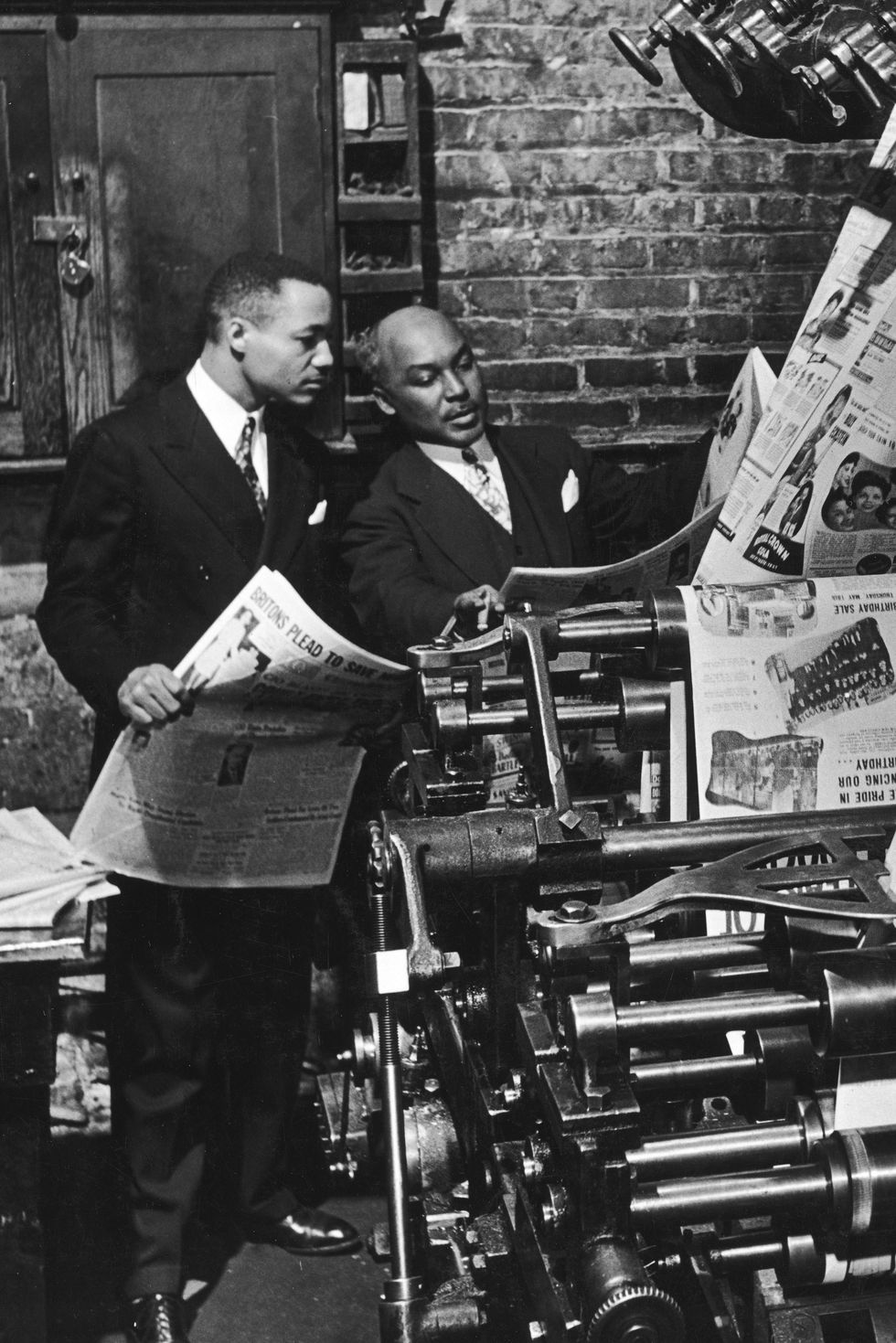 Gordon Coster//Getty Images
Gordon Coster//Getty ImagesWithout Abbott's creative vision, many of the Black publications of today—such as Ebony, Essence, Black Enterprise, and Upscale—wouldn't exist. In 1905, Abbott founded the Chicago Defender weekly newspaper. The paper originally started out as a four-page pamphlet, increasing its circulation with every edition. Abbott and his newspaper played an integral part in encouraging African Americans to migrate from the South for better economic opportunities.
9Ethel Waters (1896-1977)
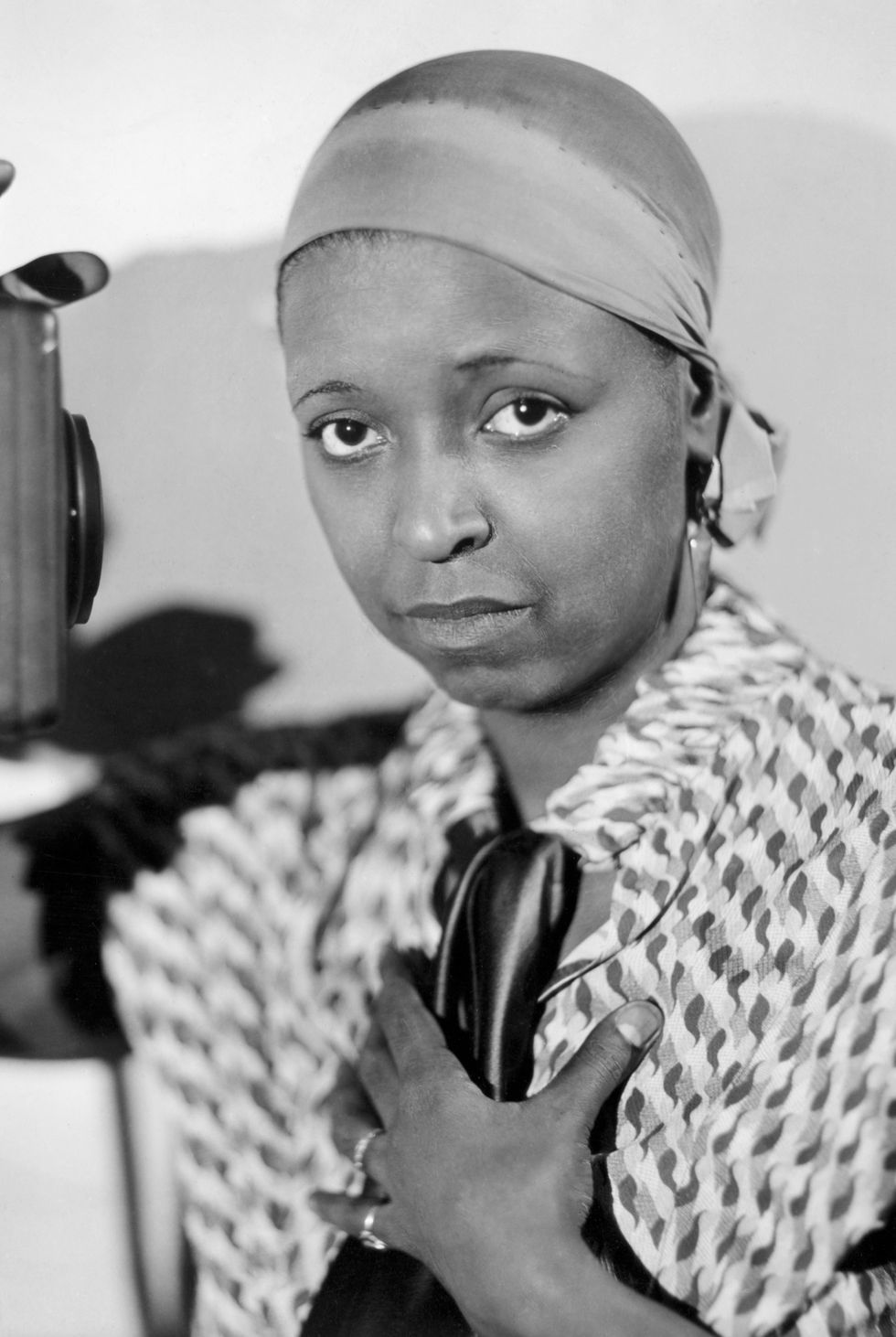 Getty Images
Getty ImagesWaters first entered the entertainment business in the 1920s as a blues singer and then became a Broadway star. Later in life, she made history for her work in television—she was the first African American to star in her own TV show, The Ethel Waters Show, and she was nominated for an Emmy in 1962.
Advertisement - Continue Reading Below
10Gwendolyn Brooks (1917-2000)
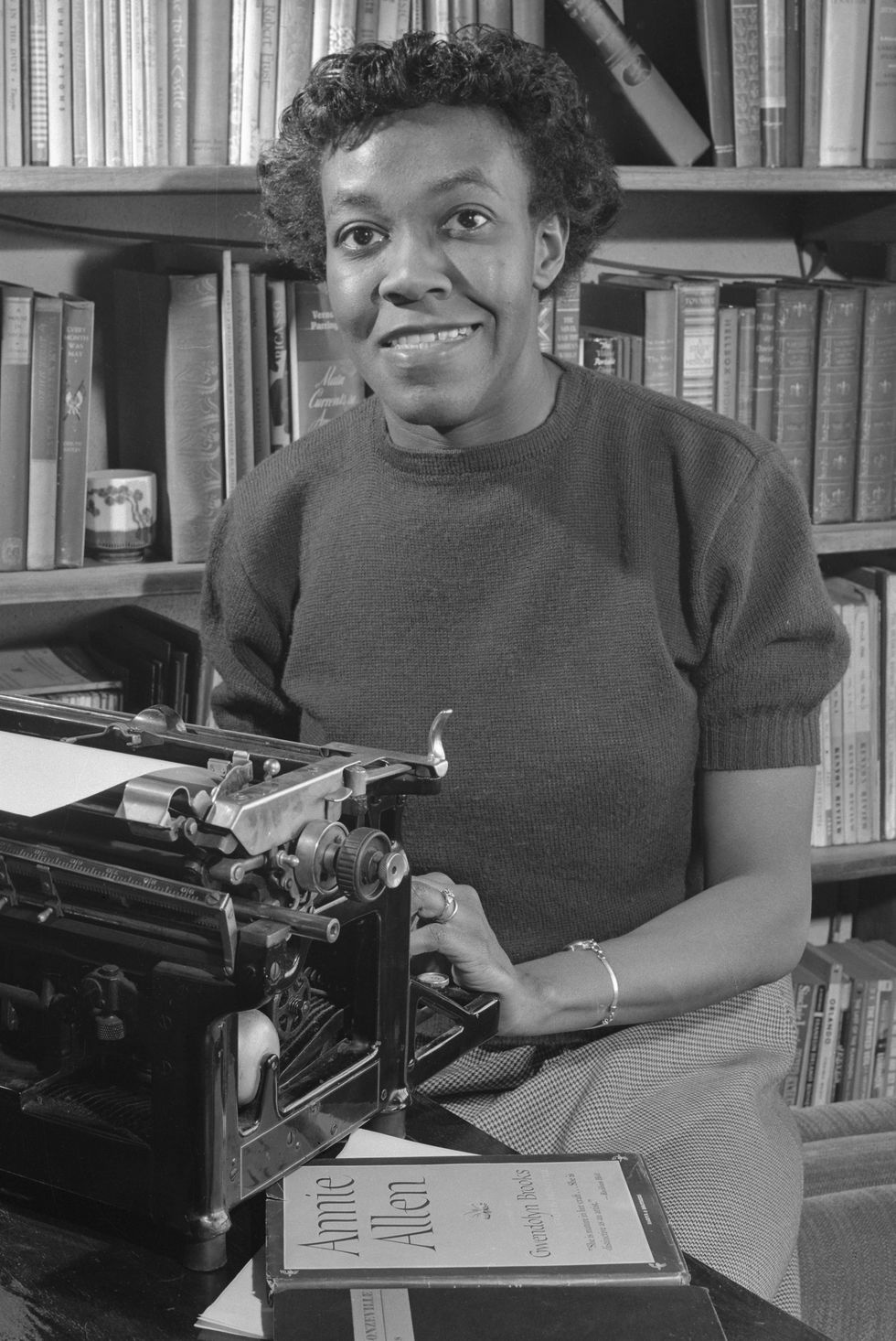 Getty Images
Getty ImagesToday, Brooks is considered to be one of the most revered poets of the 20th century. She was the first Black author to win the Pulitzer Prize (in 1950, for Annie Allen), and she served as poetry consultant to the Library of Congress, becoming the first Black woman to hold that position. She was also the poet laureate of the State of Illinois, and many of her works reflected the political and social landscape of the 1960s, including the civil rights movement and the economic climate.
11Alice Coachman (1923-2014)
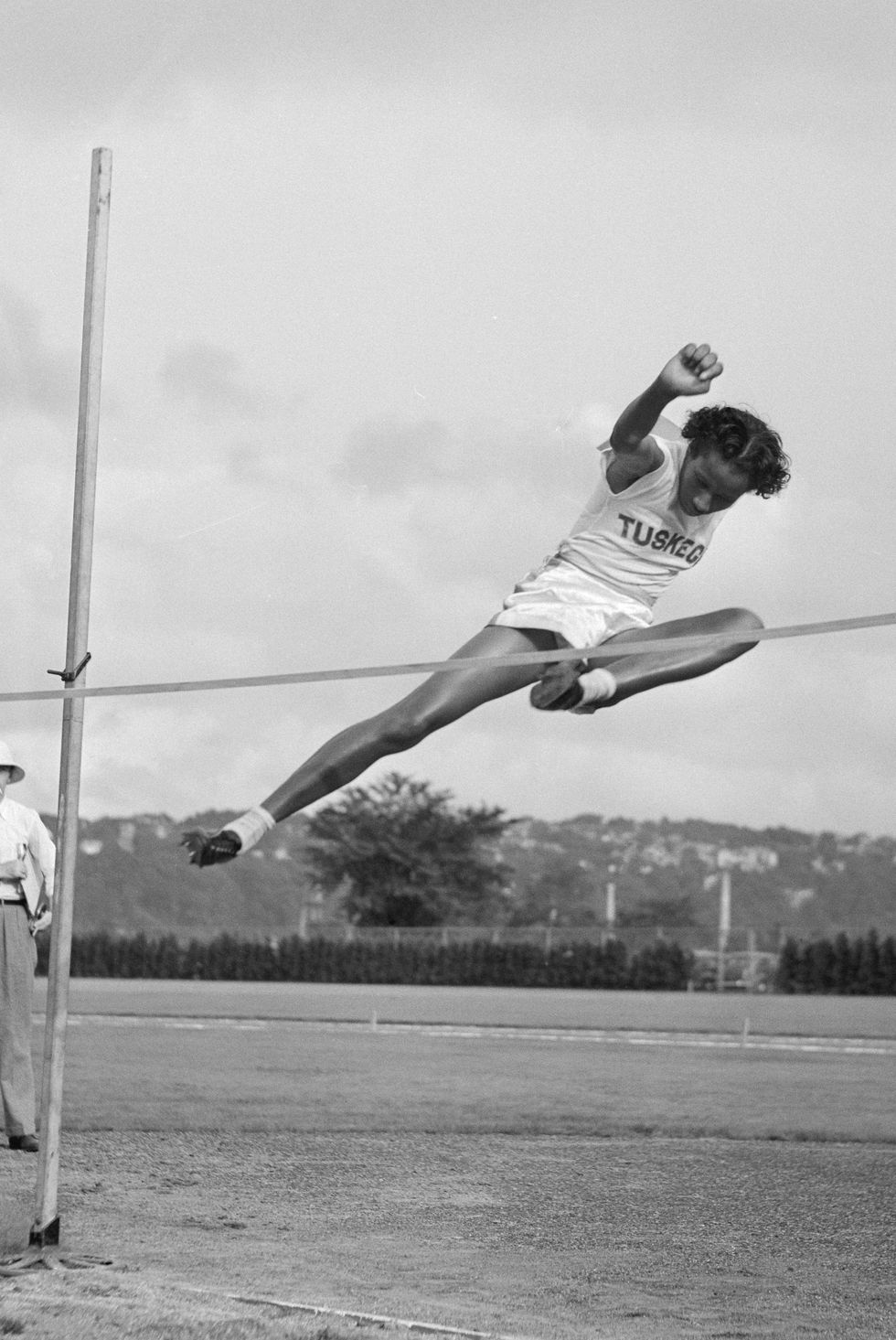 Getty Images
Getty ImagesGrowing up in Albany, Georgia, the soon-to-be track star got an early start running on dirt roads and jumping over makeshift hurdles. She became the first African American woman from any country to win an Olympic Gold Medal at the 1948 Summer Olympics in London. She set the record for the high jump, leaping to 5 feet and 6 1/8 inches. Throughout her athletic career, she won 25 national titles—10 of which were in the high jump. She was officially inducted into the National Track-and-Field Hall of Fame in 1975 and the U.S. Olympic Hall of Fame in 2004.
12Gordon Parks (1912-2006)
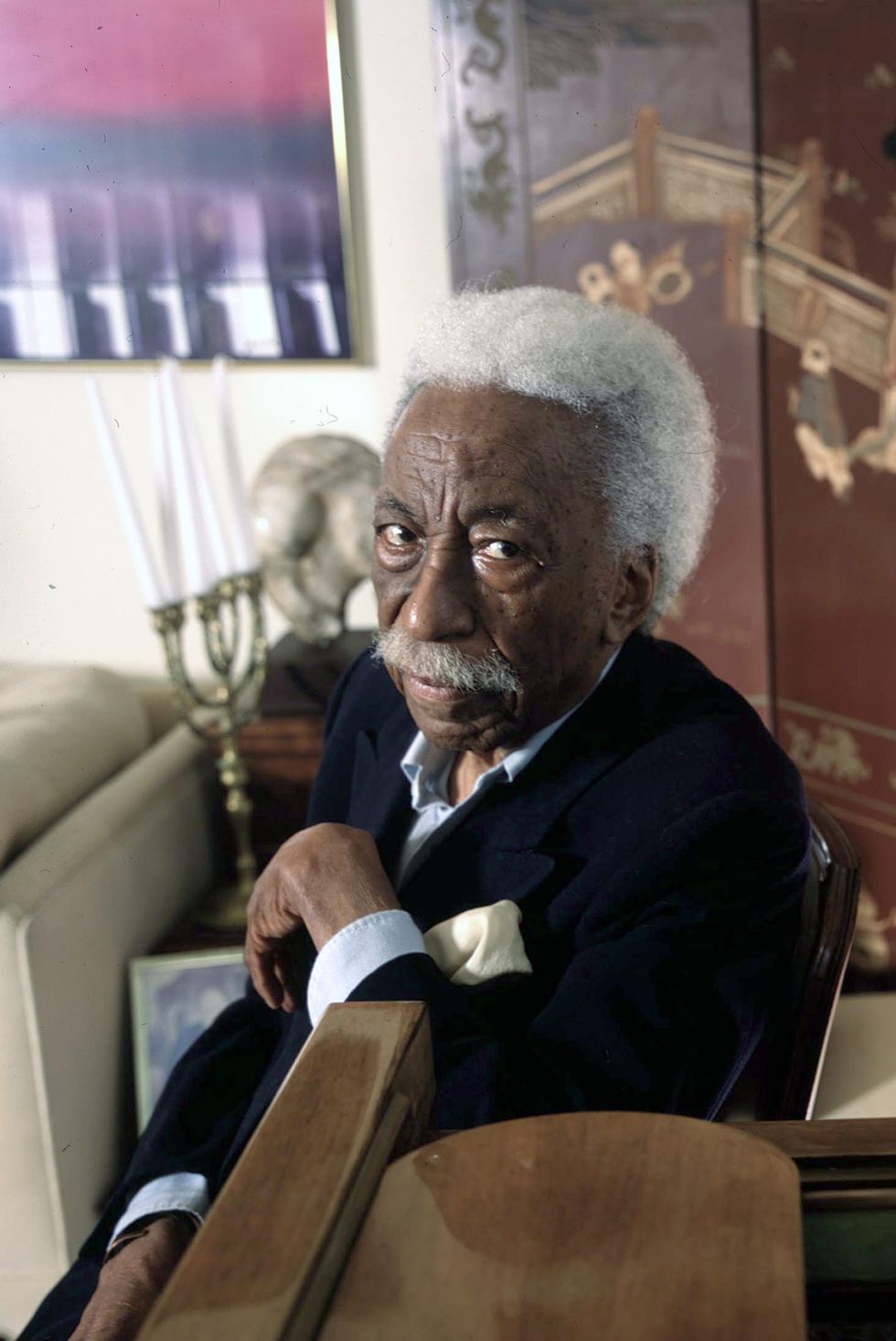 Anthony Barboza//Getty Images
Anthony Barboza//Getty ImagesParks was the first African American photographer on the staff of Life magazine, and later helped found Essence. He also was the first Black writer and director of a studio film, and his second movie, Shaft, helping to shape the blaxploitation era in the '70s. Parks famously told Life in 1999: "I saw that the camera could be a weapon against poverty, against racism, against all sorts of social wrongs. I knew at that point I had to have a camera."
Advertisement - Continue Reading Below
13Jane Bolin (1908-2007)
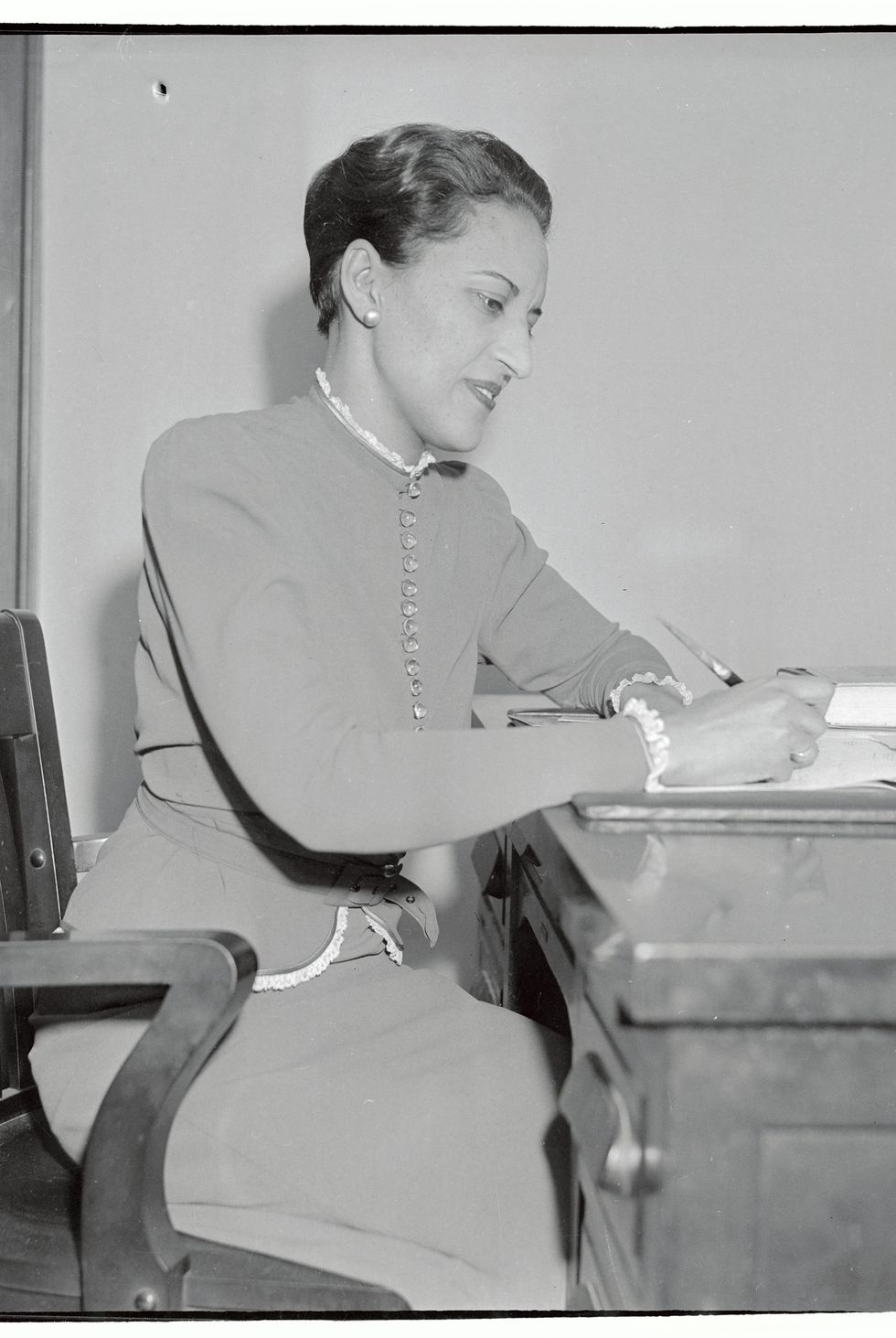 Getty Images
Getty ImagesA pioneer in law, Jane Bolin was the first Black woman to attend Yale Law School in 1931. In 1939, she became the first Black female judge in the United States. One of her significant contributions throughout her career was working with private employers to hire people based on their skills, as opposed to discriminating against them because of their race. She served on the boards of the NAACP, Child Welfare League of America, and the Neighborhood Children’s Center.
14Maria P. Williams (1866-1932)
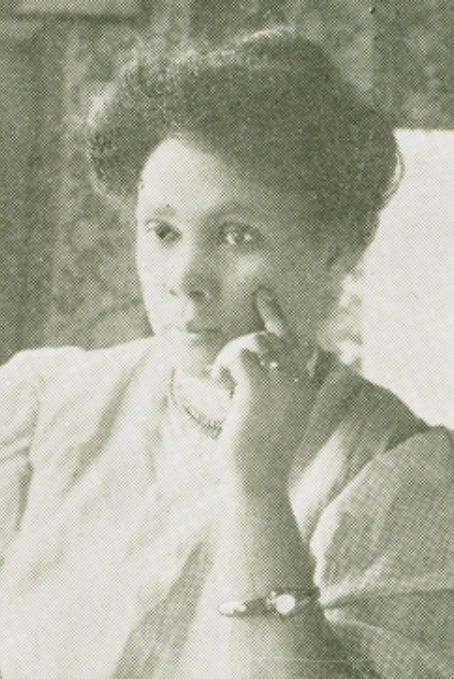 Getty Images
Getty ImagesThanks to the early accomplishments of Williams, who has been called the first woman of color producer, we have female directors and producers like Oprah, Ava DuVernay, and Shonda Rhimes. Williams's 1923 film The Flames of Wrath had a team of all people of color, and beyond that, the former Kansas City teacher was an activist and writer (she detailed her leadership skills in My Work and Public Sentiment in 1916).
15Marsha P. Johnson (1945-1992)
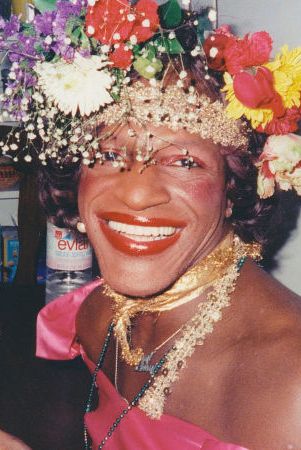 Getty Images
Getty ImagesBefore Netflix brought Johnson's story to life with the documentary The Death and Life of Marsha P. Johnson, many people were unfamiliar with the influential role she had on drag and queer culture. Johnson, a Black trans woman and activist, was at the forefront of fighting for LGBTQ rights in the 1960s and 70s (including partaking in the resistance at Stonewall). In addition to being the cofounder of STAR, an organization that housed homeless queer youth, Johnson also fought for equality through the Gay Liberation Front.
Advertisement - Continue Reading Below
16Minnie Riperton (1947-1979)
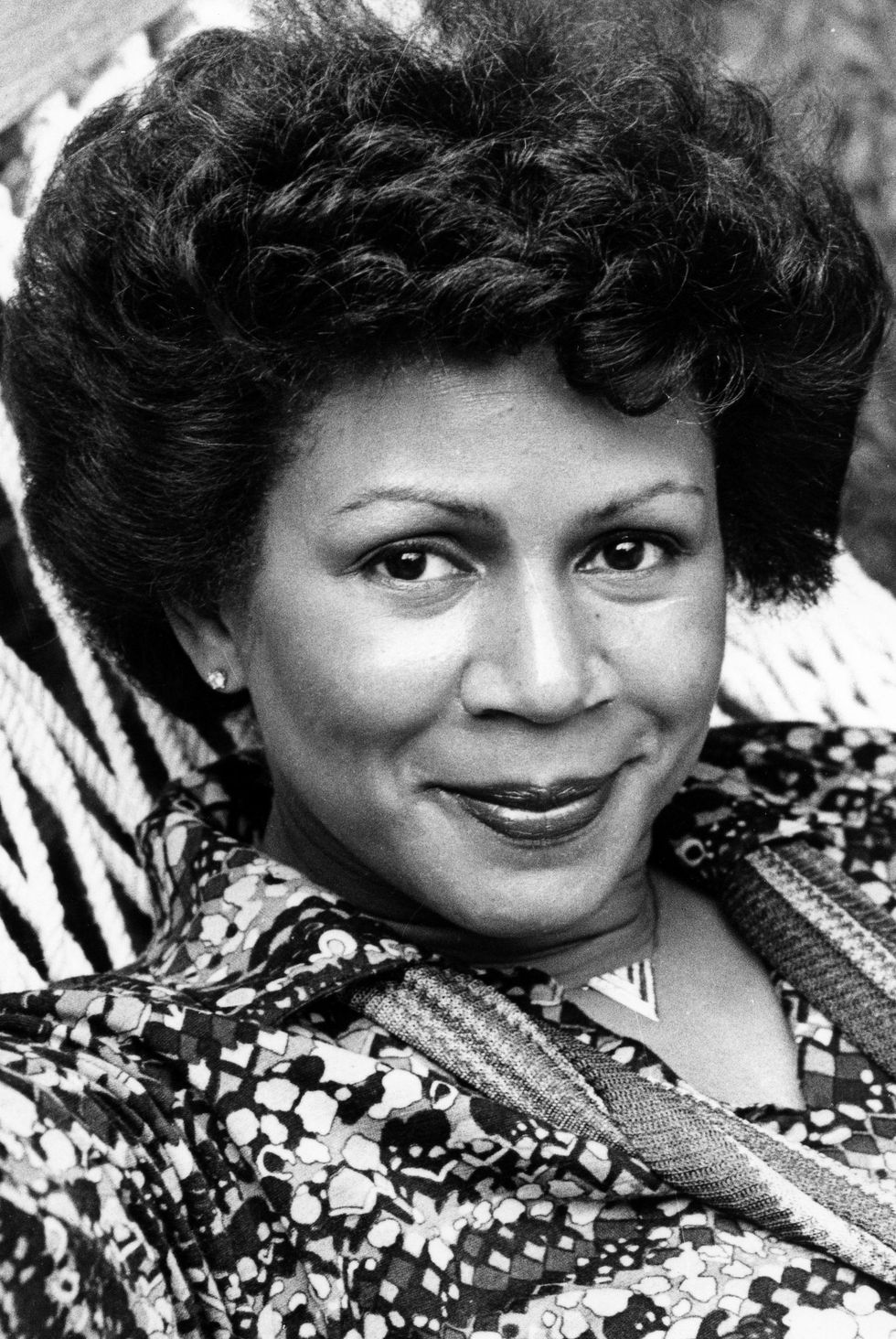 Getty Images
Getty ImagesMariah Carey is heralded for her whistle register, which is the highest the human voice is capable of reaching. But Riperton perfected the singing technique years before and was best known for her five-octave vocal range. The whistling can be heard on her biggest hit to date, “Lovin’ You
17Ruby Bridges (1954- )
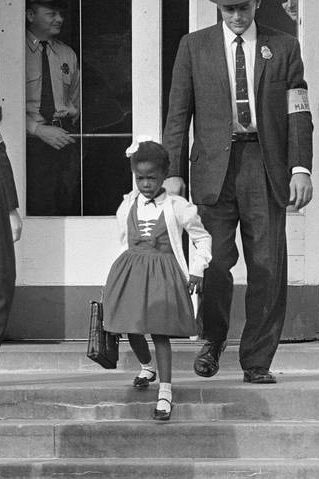 Getty Images
Getty ImagesBridges probably had no idea that the bold act she committed in 1960 would set off a chain reaction leading to the integration of schools in the South. She was just 6 years old when she became the first African American student to attend William Frantz Elementary in Louisiana at the height of desegregation. Now the Ruby Bridges Foundation exists to "inspire the next generation of leaders to end racism together one step at a time."
18Mae Jemison (1956- )
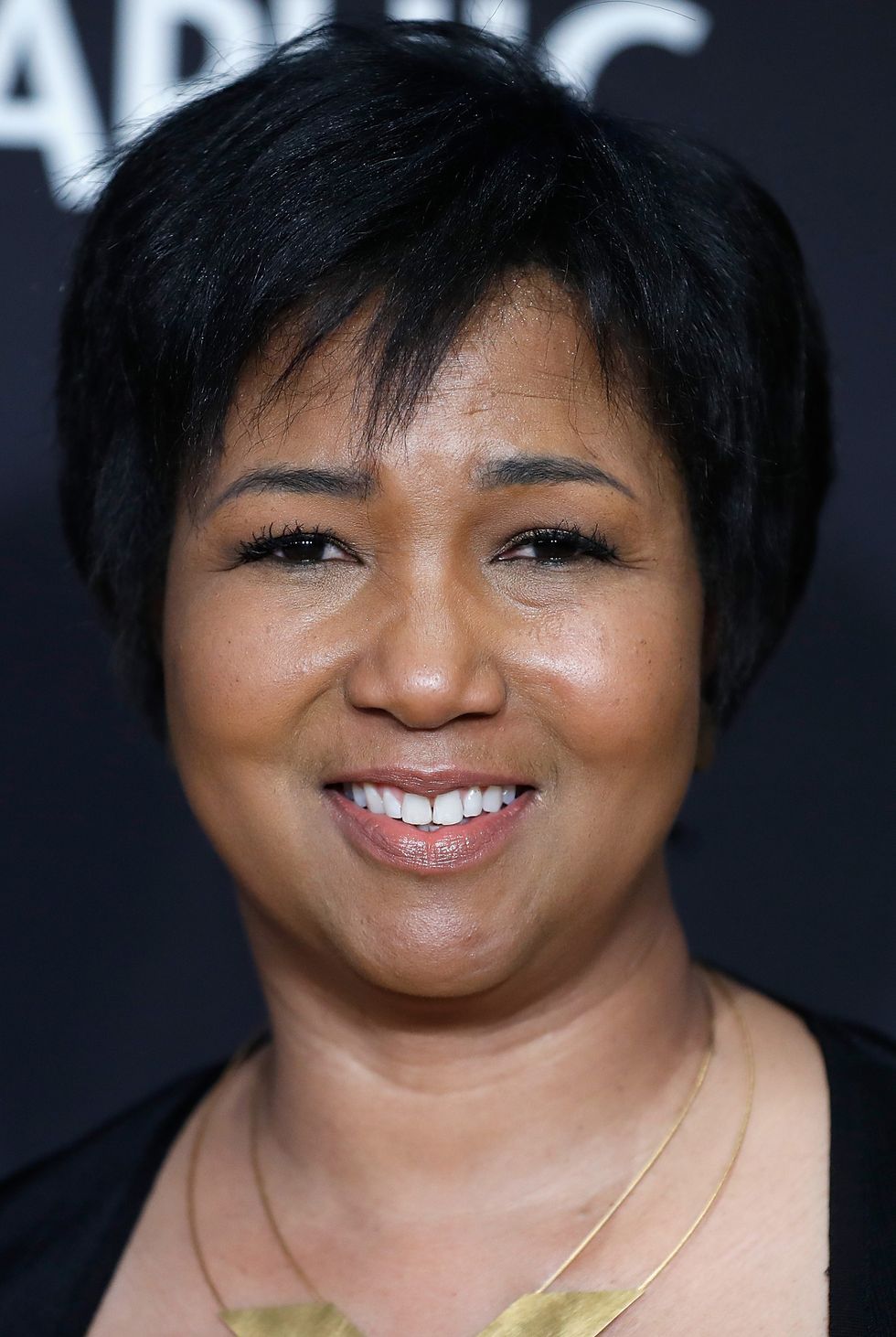 Getty Images
Getty ImagesMae Jemison isn’t just the first African American woman who orbited into space aboard the shuttle Endeavour. She's also a physician, teacher, and Peace Corps volunteer; after her work with NASA, she founded the Jemison Group, which develops scientific and technological advancements. Jemison continues to work toward helping young women of color get more involved in technology, engineering, and math careers.
Advertisement - Continue Reading Below
19Marian Anderson (1897-1993)
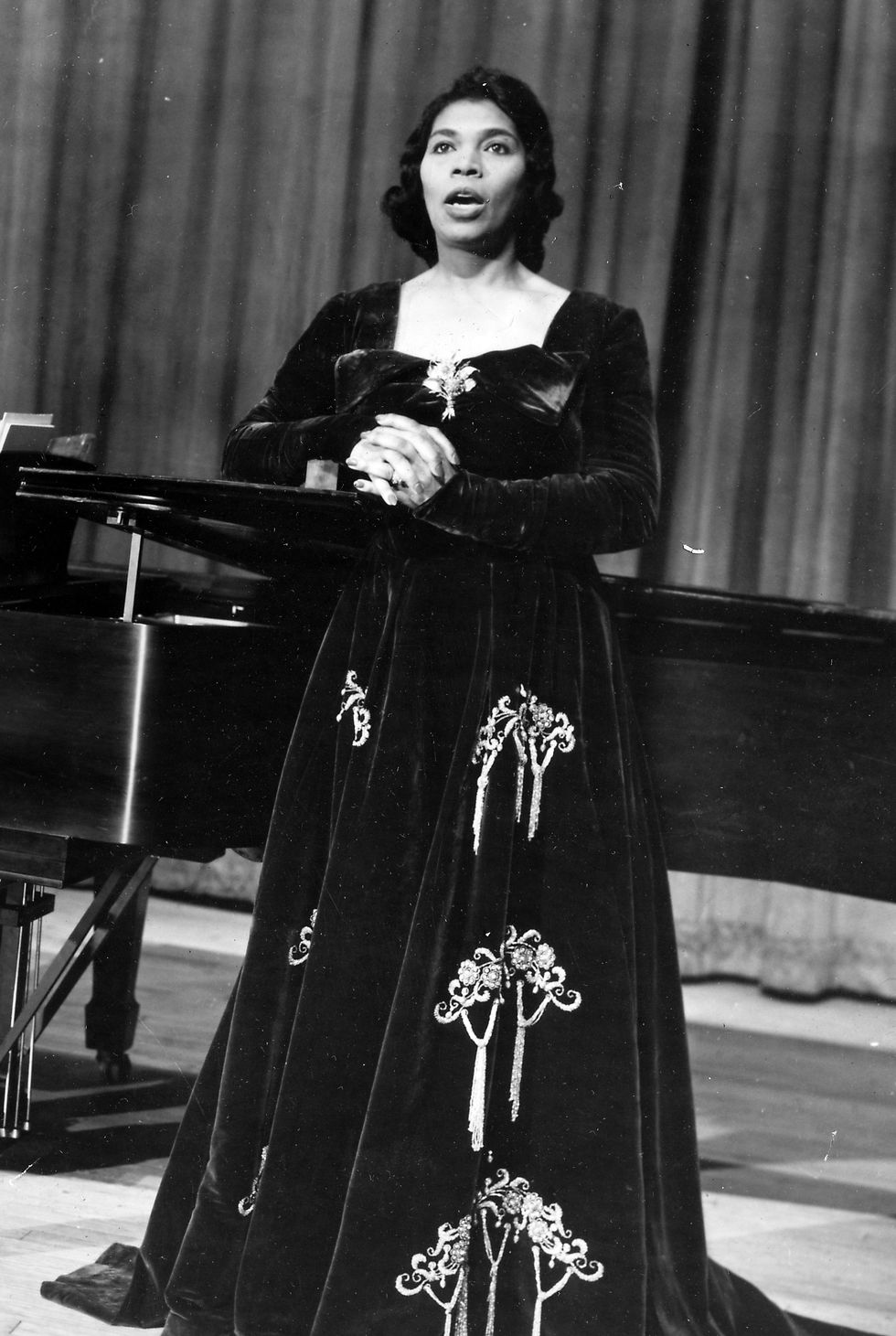 Getty Images
Getty ImagesThough she’s considered one of the greatest contralto singers in the world, Anderson was often denied the opportunity to show off her unique vocal range because of her race. However, in 1955, she became the first African American to perform at the Metropolitan Opera, and in 1957, she went on a 12-nation tour sponsored by the Department of State and the American National Theatre and Academy. She documented the experience in her autobiography, My Lord What a Morning. In 1963, she was awarded the Presidential Medal of Freedom. Her last major accomplishment before her death was receiving the Lifetime Achievement Award at the Grammys in 1991.
20Rose Marie McCoy (1922-2015)
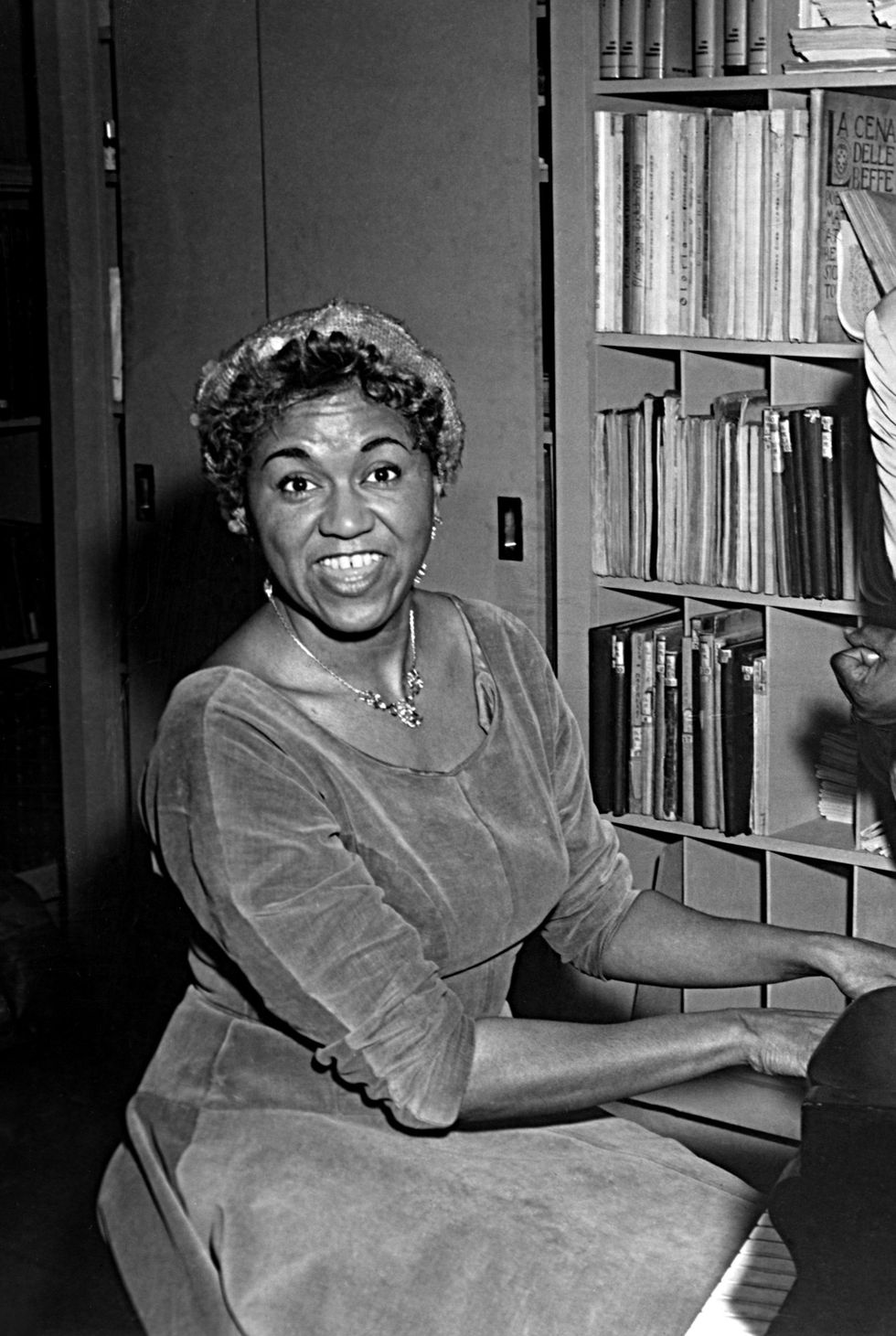 Getty Images
Getty ImagesMcCoy’s name may not be instantly recognizable, but she wrote and produced some of the biggest pop songs in the 1950s. In an industry dominated by white males, McCoy was able to make her mark through her pen, even if she couldn’t through her own voice. Her songs “After All” and “Gabbin’ Blues” never quite took off on the charts, but she was courted by music labels to write for other artists, including hit singles for Big Maybelle, Elvis Presley, and Big Joe Turner. So now when you hear Presley’s “Trying to Get You,” you’ll remember the name of the African American woman who wrote it.

Michelle is the Culture & News Writer for OprahMag.com, where she writes about celebrities (she considers herself an expert on Beyoncé and Reese Witherspoon), plus the latest in pop-culture news, binge-worthy TV shows, and movies. The transplanted Southerner turned ambitious New Yorker lives her best life by listening to hip-hop and Pod Save America, watching The Office on repeat, quoting Oprah-isms, eating dessert before dinner, and avoiding avocado. Seriously, she doesn’t get the hype.
It should say, “Michelle is the former Culture & News Writer for Oprahmag.com...”
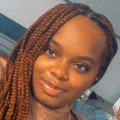
Carlie Cooper is an Editorial Assistant at Hearst Autos. Lover of memes, good TV, and books.
Advertisement - Continue Reading Below
Advertisement - Continue Reading Below
Advertisement - Continue Reading Below
